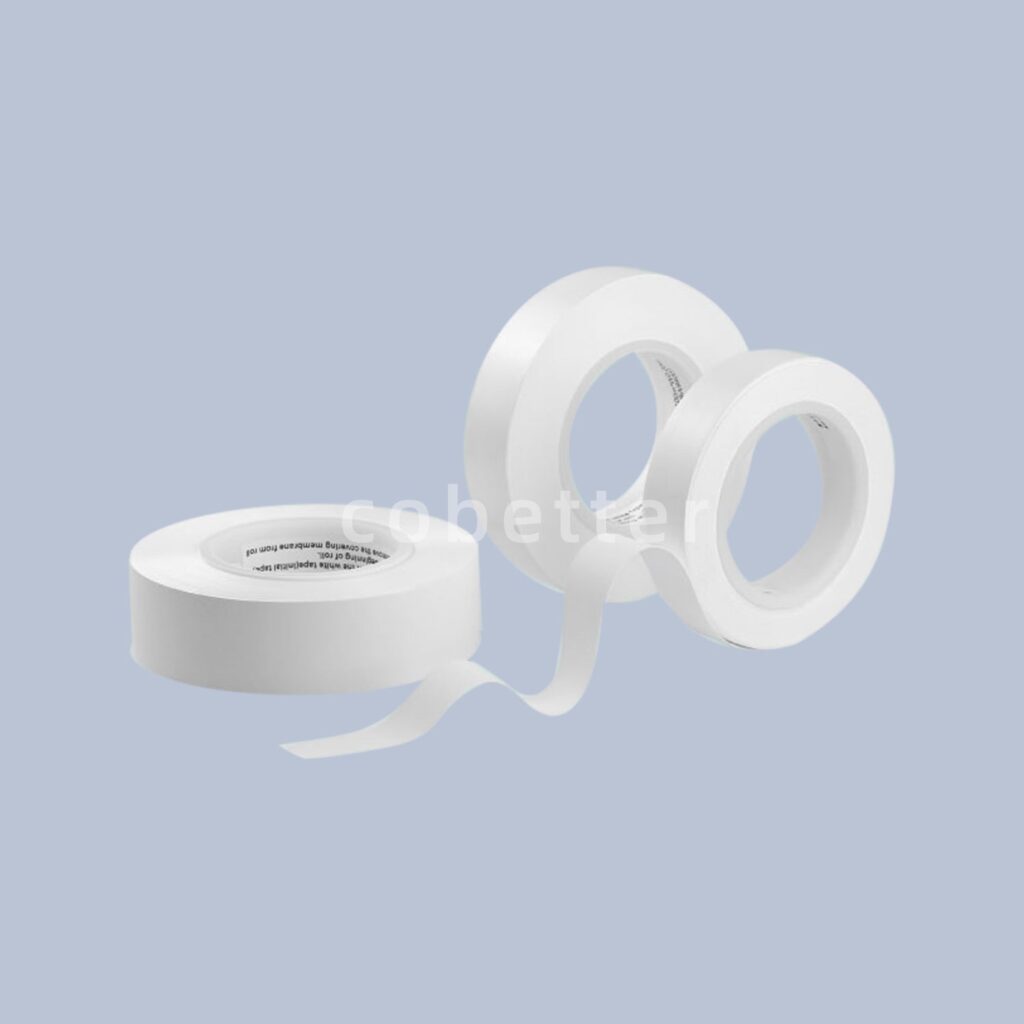Cobetter offers an extensive portfolio of Copure membrane filters designed to meet diverse application needs across various industries. With a range of diameters and pore sizes, these filters are tailored to deliver optimal performance. Key factors influencing the effectiveness of membrane filters include their materials, surface treatments, and pore sizes. This guide will help you understand the essential aspects of Copure membrane filters and how to select the right one for your specific needs.
Key Considerations for Membrane Filters
Chemical Compatibility:
Selecting the appropriate membrane material is crucial, as it must be compatible with the chemical being filtered. Incompatibility can lead to structural failure, rendering the filter ineffective. Understanding the chemical compatibility of your membrane ensures the integrity and longevity of the filtration process.
Wettability:
Hydrophilic Membranes: These membranes are easily wetted with water, making them ideal for filtering aqueous solutions.
Hydrophobic Membranes: Suited for gas filtration and venting, these membranes can also be wet with methanol, allowing the passage of both aqueous and organic solvents.
Pore Size:
Pore size is a critical factor in selecting a membrane filter, as it determines the maximum particle size that can pass through. The bubble-point method is commonly used to assess the pore diameter and pore size distribution in membranes. Below are common pore sizes and their applications:
1 µm: Ideal for mycoplasma removal.
22 µm: Used for the sterile filtration of aqueous solutions and organic solvents. Both sizes perform similarly, with the difference being in their pore size designation.
45 µm: Suitable for clarification or particle removal of aqueous solutions and organic solvents.
8 µm: Used for coarse particulate removal and bacterial filtration.
Features of Copure Membrane Filters
- Available in a wide range of pore sizes, including 0.1µm, 0.22µm, 0.45µm, 0.8µm, 1.2µm, 3.0µm, 5.0µm, and 10.0µm.
- Regular diameters suitable for lab analysis: 13mm, 25mm, 47mm, 50mm, 90mm, 110mm, 142mm, and 293mm.
- Customizable sizes to fit specific applications.
- High flow rates and low extractables to maintain purity and efficiency.
Types of Membrane Filters Offered by Cobetter
- PES Membrane Filters
Made from modified polyethersulfone polymer, PES (Polyethersulfone) membrane filters by Cobetter are known for their wide pH range compatibility and high liquid flow rates. They are widely used in clinical applications where sterilization is critical. - Nylon Membrane Filters
Nylon membrane filters are naturally hydrophilic, offering high strength, with broad compatibility, these filters do not contain any wetting agents, detergents, or surfactants. They are frequently as a low cost option. - PVDF Membrane Filters
Cobetter’s PVDF (Polyvinylidene Difluoride) membrane filters are available in both hydrophobic and hydrophilic forms, catering to a wide array of applications. Known for their ultra low protein binding, these filters are perfect for sterilizing filtration of both aqueous and aggressive solvent-based solutions. - PTFE Membrane Filters
Cobetter offers both hydrophobic and hydrophilic PTFE (Polytetrafluoroethylene) membrane filters, renowned for their extreme chemical compatibility. They are particularly suitable for filtering solvents, acids, and other aggressive chemicals, making them versatile in various demanding applications. They are also used as hydrophobic filters for air/gas filtration. - MCE Membrane Filters
MCE (Mixed Cellulose Ester) membrane filters from Cobetter are composed of cellulose acetate and cellulose nitrate, offering high flow rates and biological inertness. These membranes are widely used in research applications. - PP Membrane Filters
Cobetter’s PP (Polypropylene) membrane filters are a preferred choice for aggressive filtration applications, thanks to their resistance to a broad range of chemicals even at high temperatures. This makes them suitable for challenging filtration tasks in industrial settings.
Cobetter’s Copure membrane filters provide a versatile and reliable solution for various filtration needs. By understanding the specific characteristics of each membrane type, you can select the optimal filter for your application, ensuring efficient and effective filtration. Whether you need high flow rates, low extractables, or resistance to aggressive chemicals, Cobetter’s range of membrane filters offers the performance and flexibility required to meet your demands.

